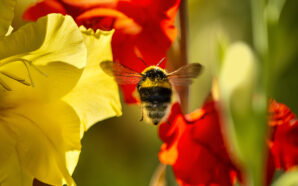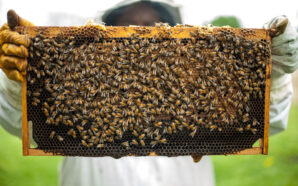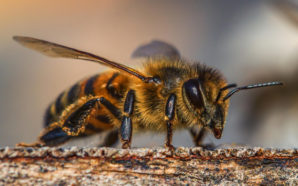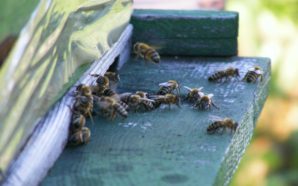-
Roddy Scheer & Doug Moss EarthTalk Whether you’ve noticed it or not, there are far fewer bees around nowadays. One-quarter of the world’s 20,000 bee species are in precipitous decline or have already gone extinct since 1990. A range of causes are to blame, including indiscriminate overuse of pesticides,...
-
Roddy Scheer & Doug Moss EarthTalk Quizás lo hayas notado o no, pero hay mucho menos abejas hoy en día. Un cuarto de las 20.000 especies de abejas del mundo sufre una abrupta disminución o ya se ha extinguido desde 1990. Esto se debe a varias causas, incluyendo...
-
Roddy Scheer & Doug Moss EarthTalk Major declines in populations of bees in North America and beyond is a big problem for farmers who depend on this free natural pollinator to help fertilize their crops that end up as food on our tables. According to the non-profit Natural Resources...
-
Suzanne Potter California News Service SACRAMENTO, Calif. – Monarch butterflies have declined by 90 percent over 20 years, felled by pesticides, parasites and loss of habitat. They’re considered a sentinel species, whose fate mirrors that of many insects. Now, backers of a program to greatly expand all pollinators’ range...
-
Eric Tegethoff Public News Service PIERRE, S.D. – Insects don’t get the respect they deserve, but author David MacNeal is highlighting their importance and diversity in his new book, “Bugged: The Insects Who Rule the World and the People Obsessed with Them.” MacNeal says bugs aren’t living in our...






